Faulty Prosthetics
Prosthetics are artificial replacement parts for amputated body members. They can be anything from hooks to hands, but they all serve the same purpose: restoring a person’s functional abilities and self-confidence after an injury or disease that would have otherwise left them crippled. You might be surprised to know that prosthetics are devices fitted for amputees or those with a disability. Prosthetics legs can replace lost limbs, prosthetic arms help people who have had an arm amputated as well as other disabilities and injuries like hydrocephalus but the most commonly known is perhaps artificial eyes which allow you to see without your own two peepers.
With our current technology, it is easy to have an attachment with prosthetics and use one. This can be seen at almost every hospital that offers their patients a replacement for the lost limb in order to give back what they had before. There is no risk in involving one’s self in having prostethics as it doesn’t involve massive surgery and apply major alteration in your body aside from the prostethics itself. Though, faulty, low quality, and improper placement of such would lead to a bad consequences and put patient’s life in even perilous situation.
 Common issues
Common issues
In recent years, the popularity of prostethics has grown exponentially. However, as these device provide benefits to an individual, they can
pose danger as well. From various contributing factors such as improper care to fall and movement errors. Let’s take a look at the most common problems faced by prosthetics.
- Intact Limb and Back Pain
- Incorrect application of Prostethics according to needs
- Degrading mobility that results to tiredness, poor balance, and tendencies of falling
- Discomfort and skin irritations
When can a medical provider for the prosthetics at fault?
Medical implants have the potential to be life-saving, but they also come with risks like infection and even rejection. One of these devices is called a pacemaker, which helps regulate someone’s heart rate by sending electrical impulses through wires that are surgically inserted into your chest between veins or arteries leading from the heart. For some people this could mean an increased risk for stroke due to blood clots in their neck when lying down flat on their back after surgery.
Hundreds of thousands recipients of certain medical devices have suffered implant failure and worse; In addition, an implanted medical device carries
general surgical risk including
infection as well possibility of reaction to materials used in implants: some prominent prosthetic device medical failures are;
- Defection of the device itself
- Incompatibility of application of device according to need of a patient
- Penetration of surrounding tissue
- Deterioration of the device
Medical institutions are responsible to cover all charges for the alteration of prosthetics devices which they provide. This is problematic because many medical providers do not have an in-house team that can fit and alter these artificial limbs, so patients often face high costs being fitted at a specialized facility and even if there is one, it would cost too much for patient as they basically bought two and they have rights to demand for coverage coming from the hospital with right process. Hiring a personal injury lawyer would be the optimal choice to take as it is basically free.
The attorneys at
Ryan, LLP have built their reputation by taking on large insurance corporations and financial institutions to protect individuals. The firm handles cases including personal injury, wrongful death, catastrophic injuries due to medical malpractice or negligence in business torts, which is faulty prosthetics are in the context and within specialty of a injury lawyer.
The legal team of the law firm of Ryan has a stellar record for representing clients against big businesses with power and money while defending them from suffering damages like those arising out of a terrible car accident that left an individual disabled without any means to provide care because they were not insured properly; or when someone dies after being denied payment for needed medication based solely on cost rather than what is best suited as prescribed by doctors who are also experts in medicine but do not receive commissions as part-time salesmen.
 Common issues
In recent years, the popularity of prostethics has grown exponentially. However, as these device provide benefits to an individual, they can pose danger as well. From various contributing factors such as improper care to fall and movement errors. Let’s take a look at the most common problems faced by prosthetics.
Common issues
In recent years, the popularity of prostethics has grown exponentially. However, as these device provide benefits to an individual, they can pose danger as well. From various contributing factors such as improper care to fall and movement errors. Let’s take a look at the most common problems faced by prosthetics.
